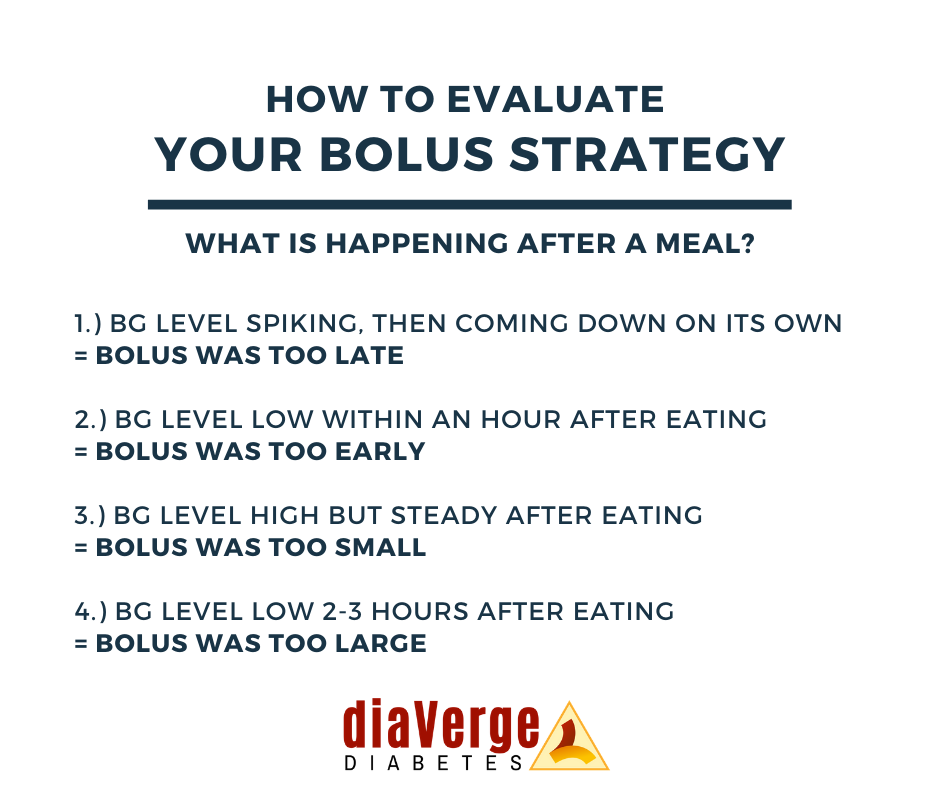Why No Protein Shakes?
Why no protein shakes? 🤔
Type 1 Thursday is here with another question from the audience:
“Hello, I notice that you don’t drink any protein drinks or shakes? Do you think they are unhealthy?”
Hanane
As a short answer, no, I don’t think they’re unhealthy. But I do think there needs to be a need for them, as protein needs are individual. Check out the whole explanation here!
I want to hear from you, do you drink protein shakes? Or do you get your protein from other sources? Let me know in the comments! 🙌
Transcription
If you prefer to read my views on whether protein shakes are good or not, you can find a written version here:
I am so excited, because there is another question from the audience today that I will be answering. If you have any questions that you think that I should be answering on these live chats (that we have every Thursday 6pm on Instagram, and Facebook), please do let me know in a comment somewhere on the interwebs and I’ll be happy to answer them.
To today’s question, it reads like this: “Hello. I noticed that you don’t drink any protein drinks or shakes is that because you think that they are unhealthy?”
Protein is a very individual
Protein threshold is very individual, especially on low carb, but also generally. Maybe on low carb you give a little bit more of a damn about the protein amount, especially if you have read #*#. Richard Bernstein’s book and checked out his Diabetes University. Protein needs are very individual and it can range from anything, for very sedentary people something like 0.8 grams of protein/kilogram body weight, which doesn’t mean 0.8 grams of meat but 0.8 grams of protein, to something more normal, if you are a little bit more active, maybe something like 1.2 grams per kilogram, or maybe 1.3, 1.5. But it can also go as high as something like 2.4 grams per kilogram, up to five grams per kilogram, if you are a super active athlete.
If your main fuel is protein and amino acids, then it is very individual how much you should be eating. This is why I personally don’t need to drink any protein shakes. I am not a very active athlete, well, I try to keep active but not that active. I’m also not a growing child. So I don’t need as much, and I can cover my protein needs with real food. You have to determine for yourself how much protein you need in your individual case.
Protein in Meat
All meat generally contains about 20 grams of protein per 100 grams of meat. Not all meat is protein, and not all protein is meat. Only one-fifth of the meat is actual protein and amino acids. If I eat 400 grams of meat a day, which is possible, not in one sitting, but if I have two sittings, lunch and dinner, which is normal for me. I don’t really have breakfast so I don’t have to pay attention there. If I have two sittings, and I have 200 grams of meat or protein filled food per sitting, that gives me 80 grams of protein for a day. And that would mean that that is 1.3 grams per kilo of body weight that I have (now you can count how much I actually weigh) Personally, I just prefer to get my protein from real foods because I can. And because I don’t have that extra need for protein shakes that you may have, as I said, if you’re a growing child or a very active athlete.
Need for protein shakes?
The short answer to your question is; I don’t think that protein shakes or drinks are unhealthy, per se. I just think that there needs to be a need for it. And in my case, I don’t have that need. Perhaps, in your case, because you are asking, there is a need for it and then you have to determine if that’s true or not for you.
If you do need a protein drink or a shake, I would recommend something that is clean without any sugars and any added stuff. Flavours is one thing, but you can also flavour it with other things like natural cacao powder or something. You don’t have to buy the ready mixed flavoured stuff, but something that is clean without sweeteners and without dextrose, please, because that will mess with your blood sugar, all the ways till Sunday. If I had the need for protein shakes, I would go for something like an egg white protein or a whey protein.
So, in conclusion, no, protein shakes and drinks are not inherently unhealthy. But there needs to be a use for them and a need for them. Thank you so much for your question!
I would love to hear from you – what are your experiences with protein and with protein shakes? Do you drink them? Or do you get the protein that you need from real food? Let me know in a comment below, and I’ll be happy to chat with you there.

